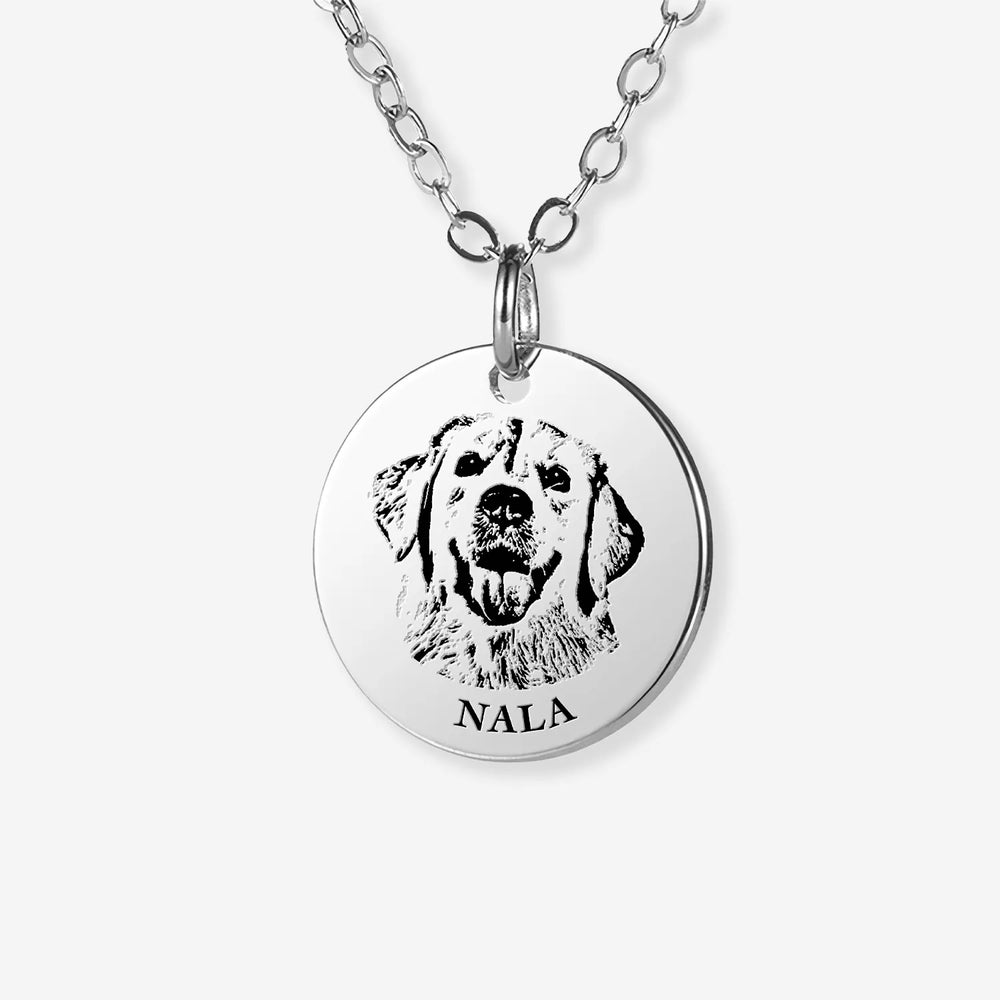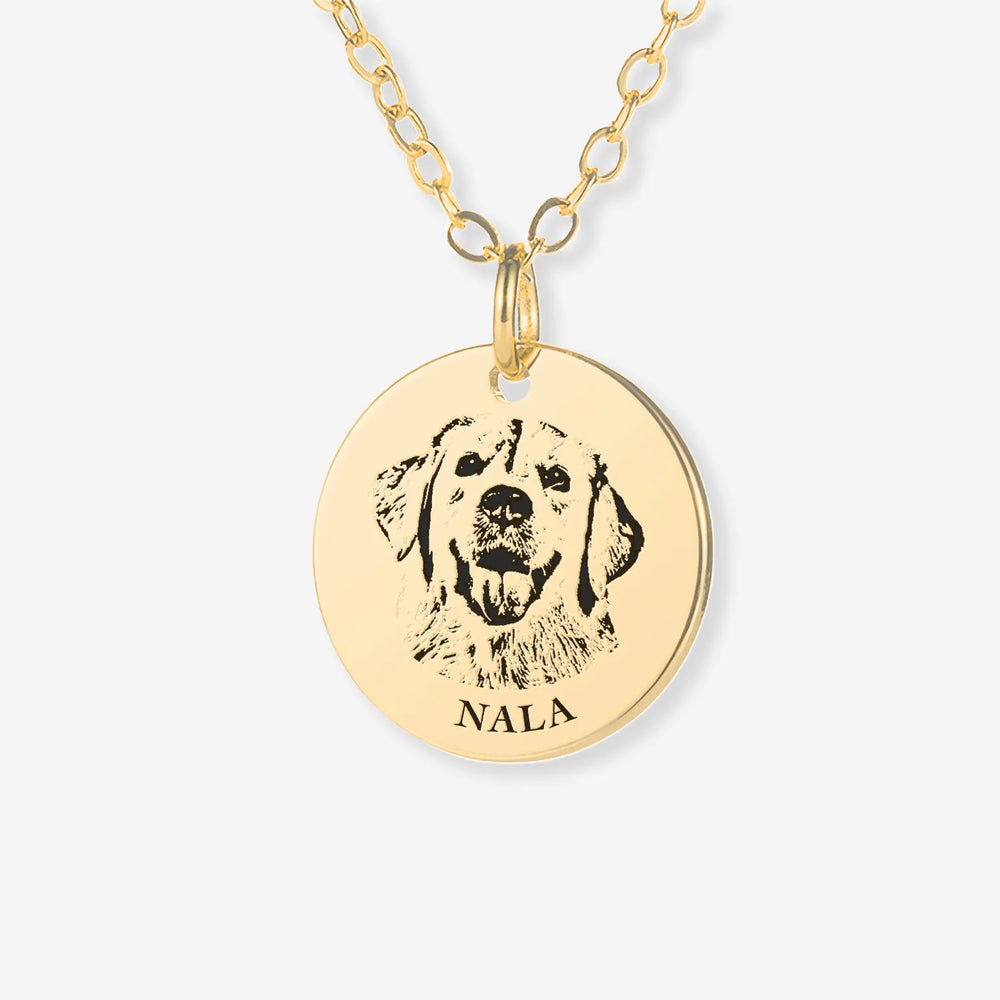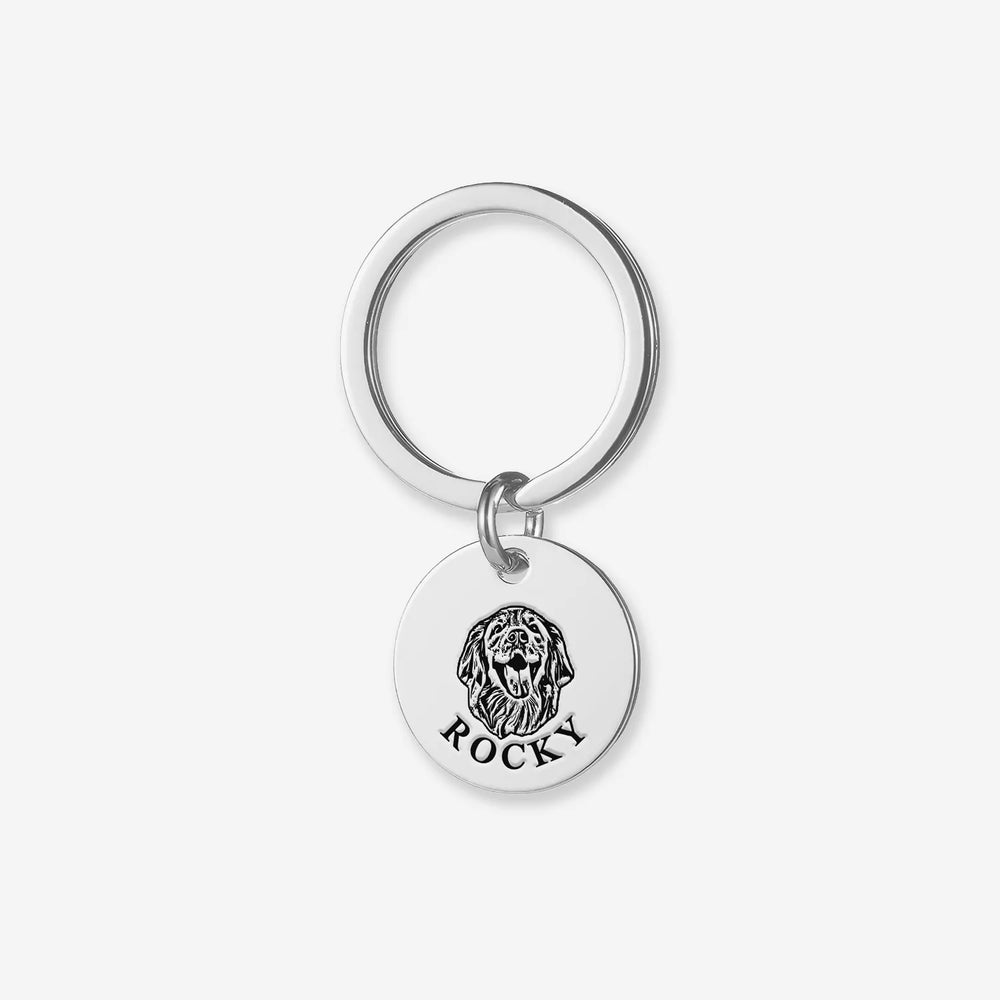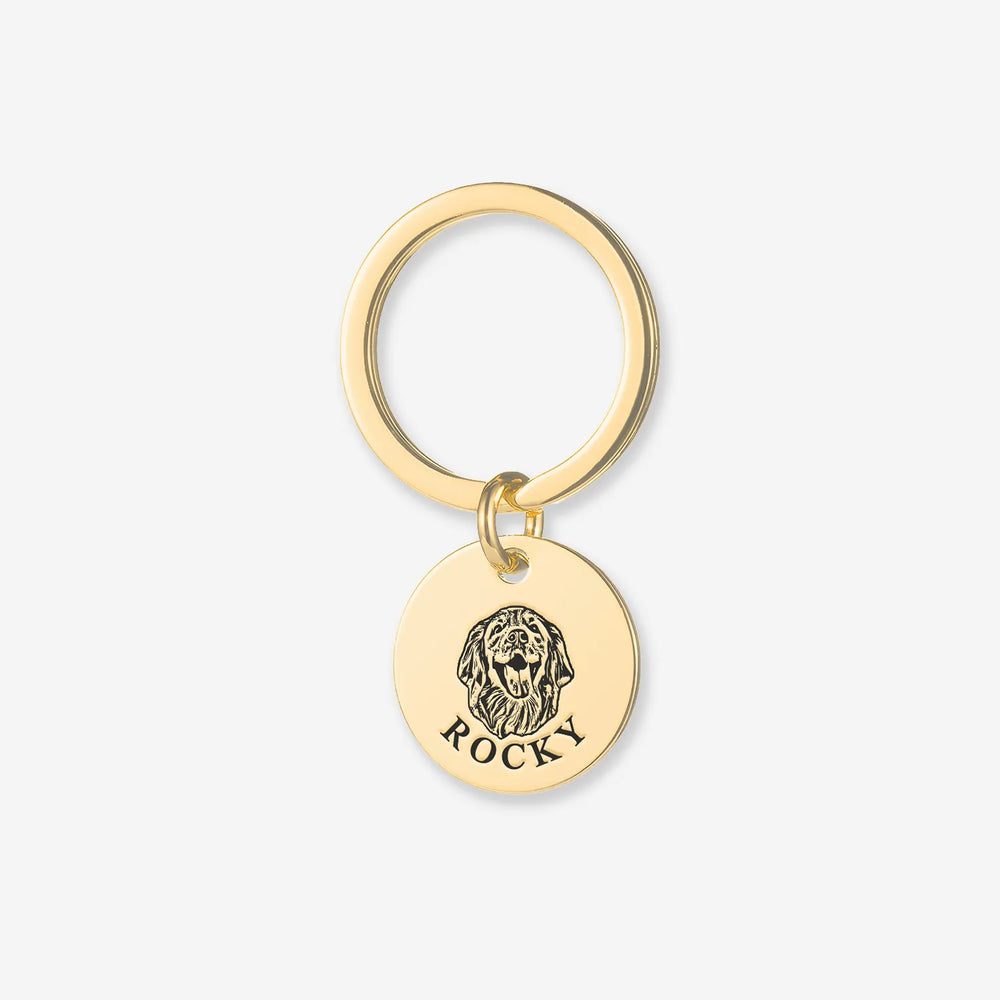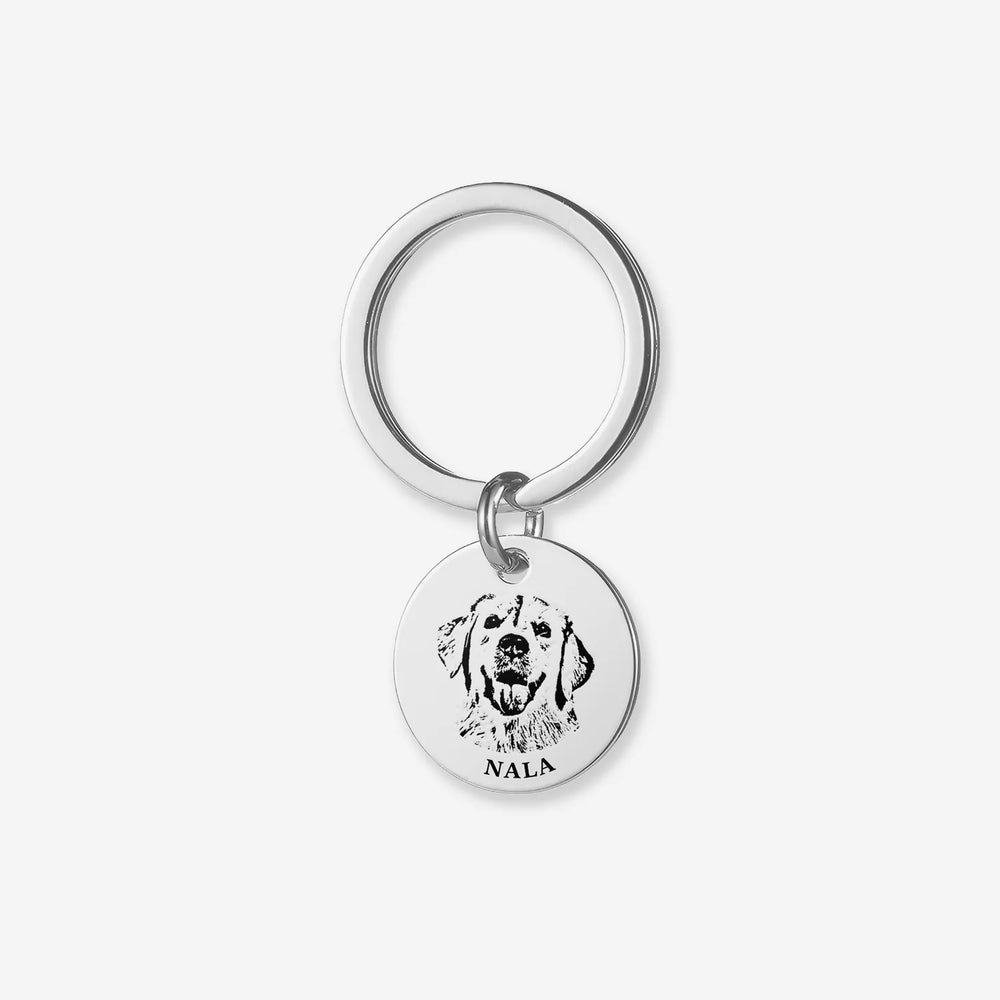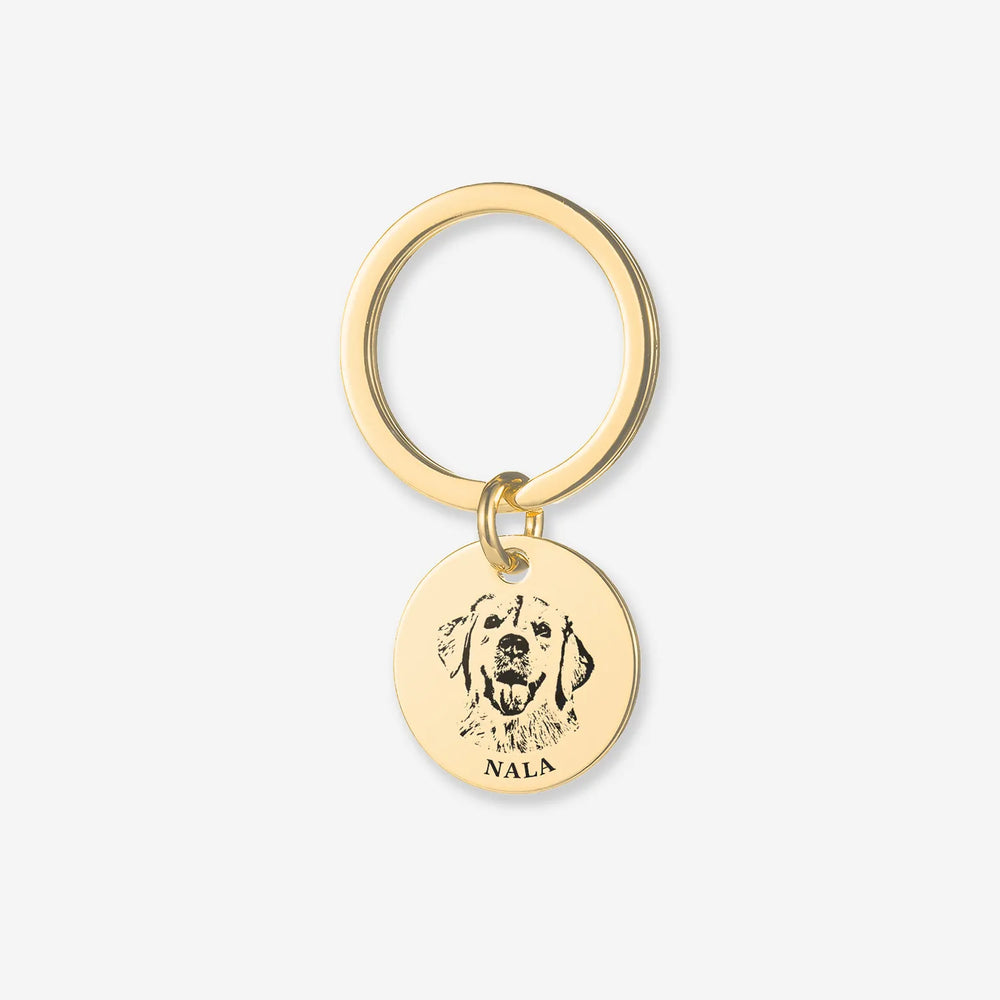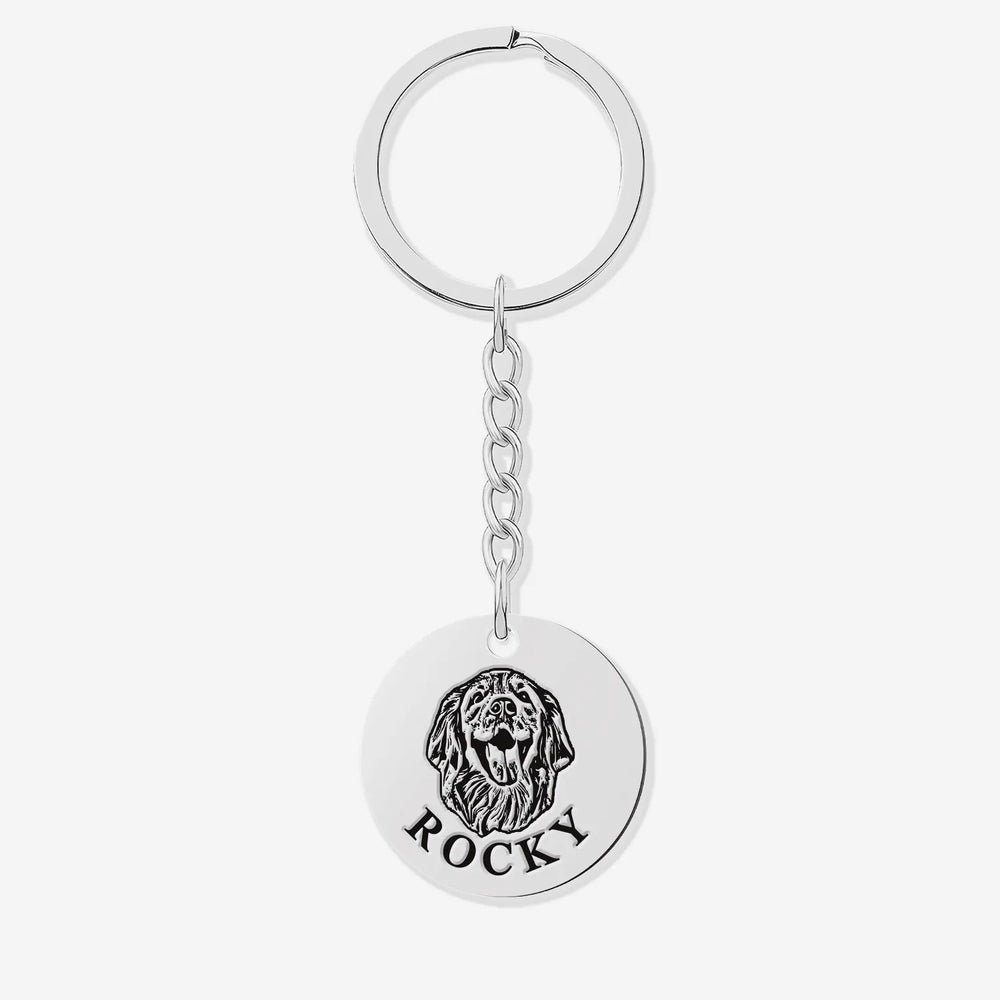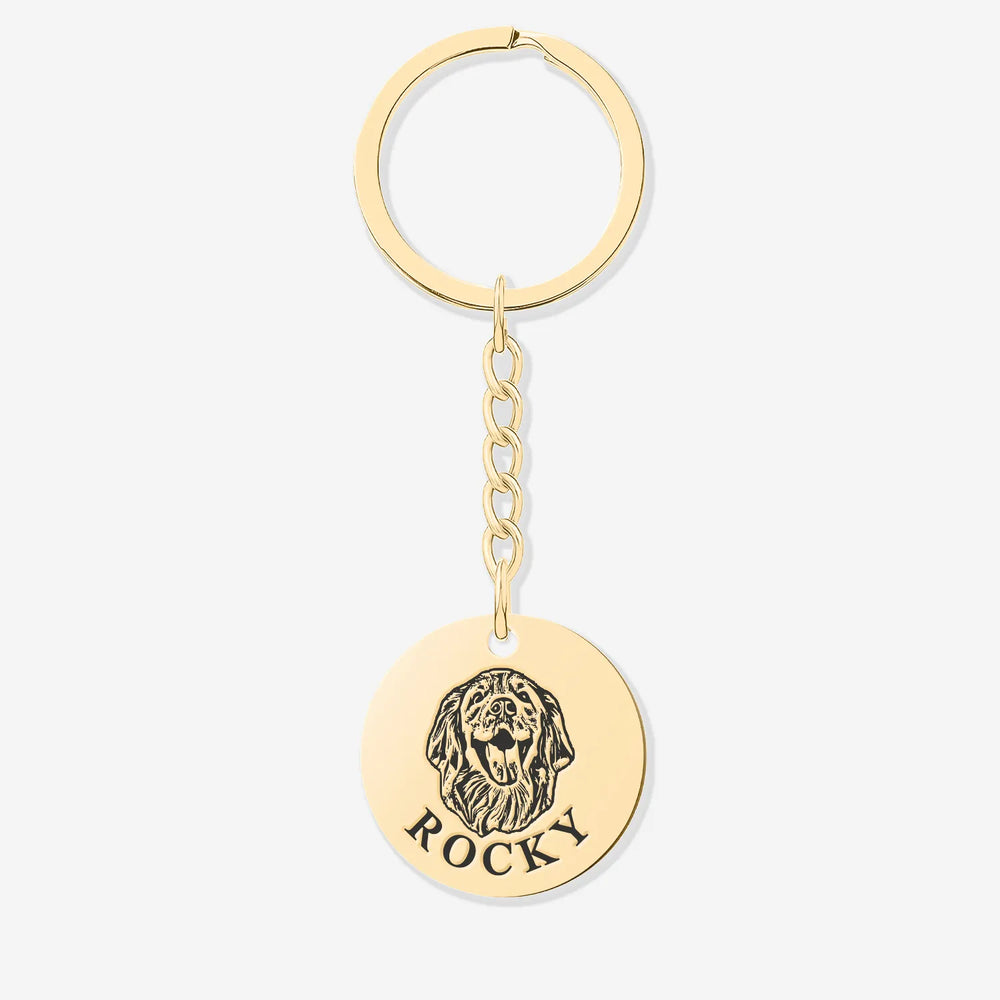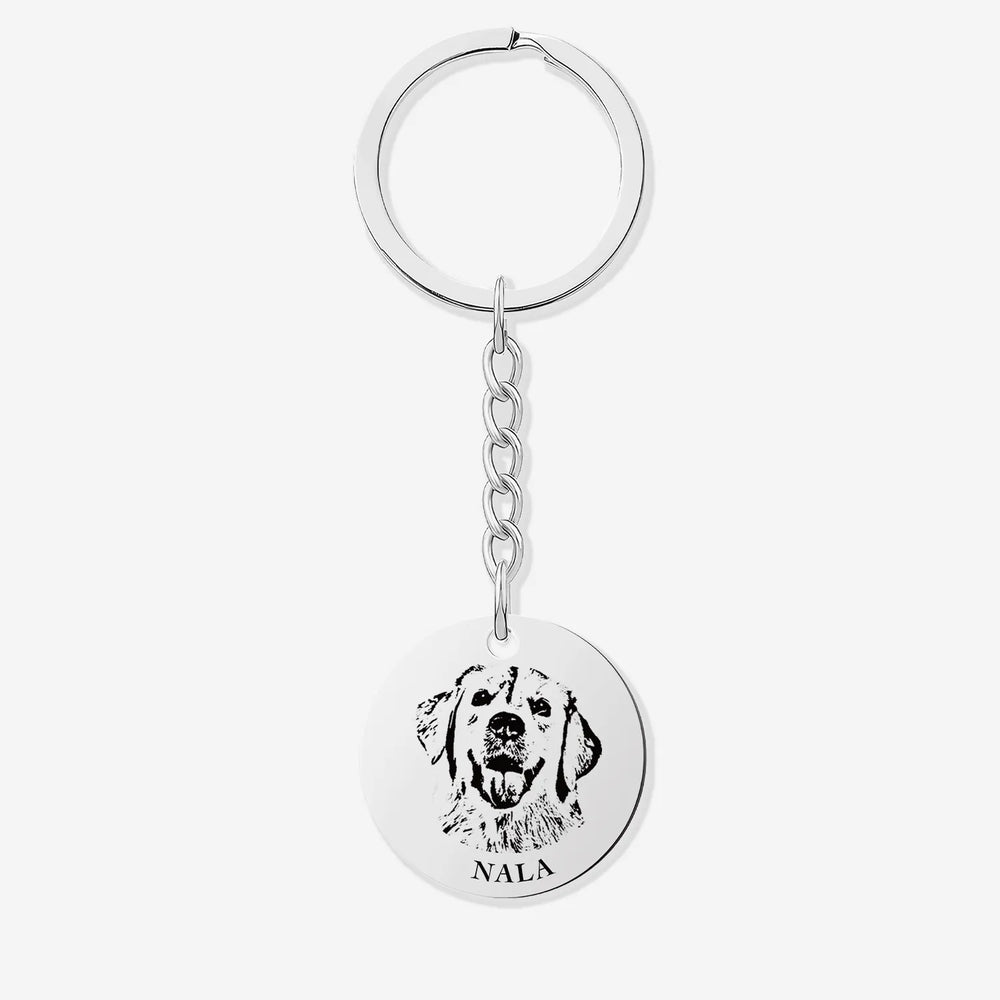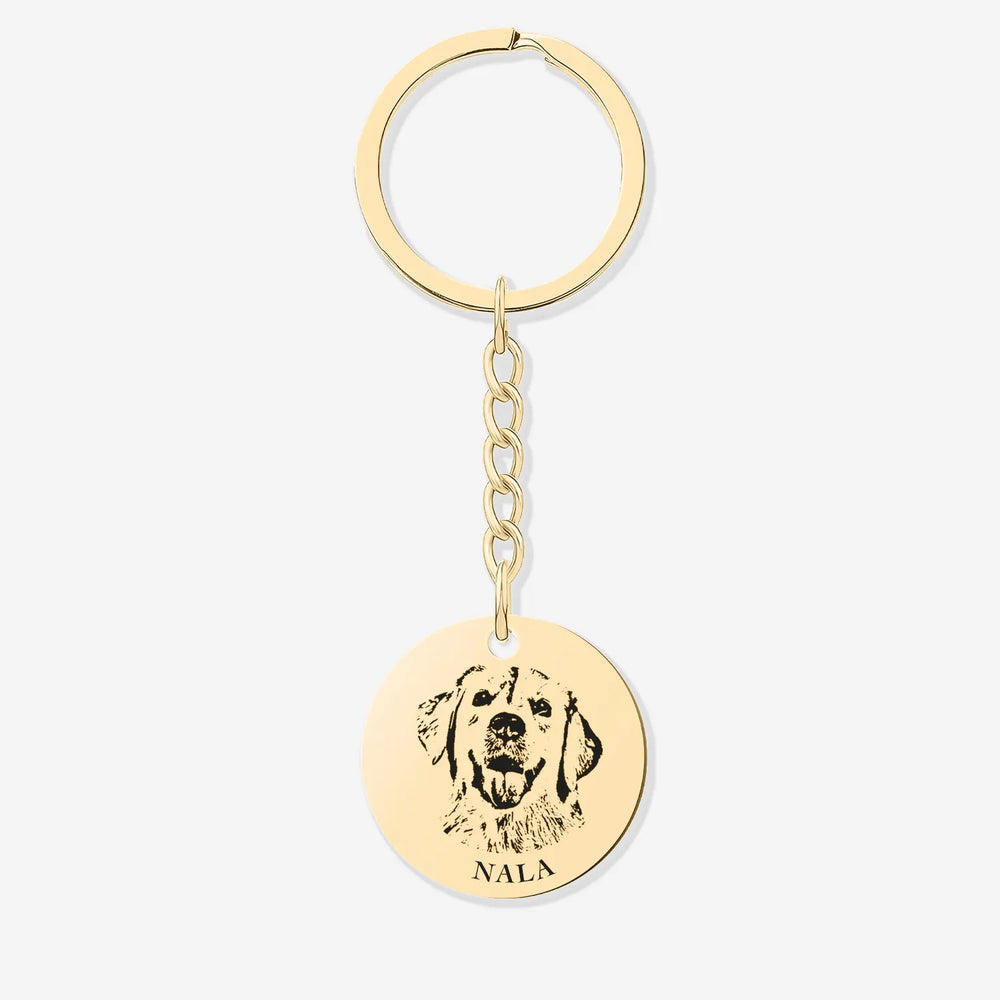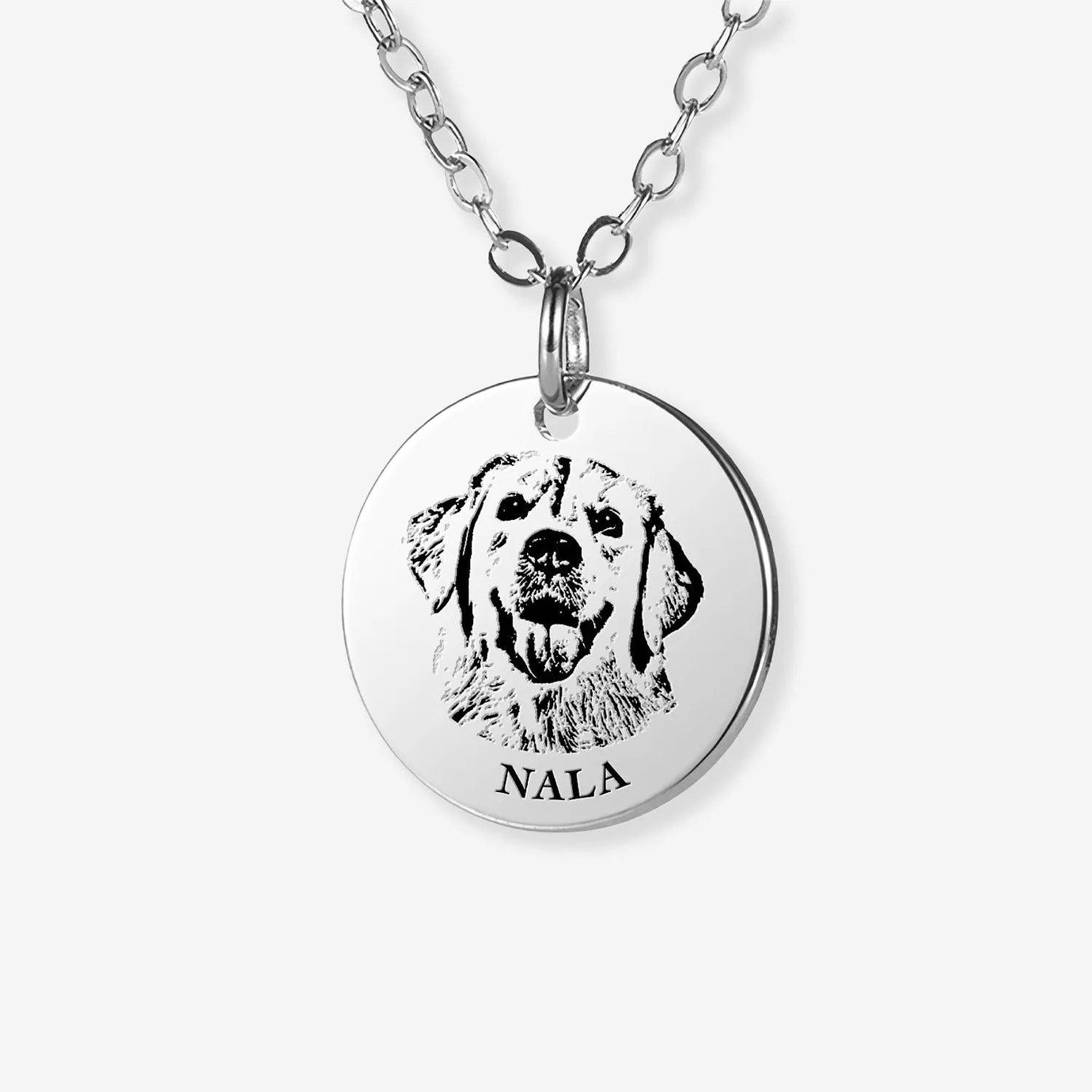Buy One, Get One FREE
Pet Owners Need to Know: Seven Reasons Why Your Dog Can't Fly

When we talk about pets, there's always an overwhelming sense of warmth and affection. Dogs, in particular, hold a special place in our hearts as beloved companions, sharing in both our joys and sorrows.
As more people choose to travel with their pets, flying becomes a popular option despite logistical challenges. But here's the question: do you know if your dog can fly? What are the preparations and documents needed beforehand? Let's delve into the details together.

Situation where dogs cannot fly:

-
Dogs without a dog license
Why is a dog license important? It's akin to a human ID card, serving as proof of identity. For dogs to fly, they must have a valid dog registration certificate. Pet owners need to handle this in advance and register their dog when boarding the flight.
-
Dogs without vaccinations
According to airline regulations, animals traveling by plane must have both a health certificate issued by the animal health supervision department and proof of vaccination. This is crucial to ensure the animal's health during the flight. Without vaccinations, dogs may carry various viruses that pose risks. To safeguard your dog's health, vaccinations should be administered regularly.
-
Dogs with aggressive behavior
If planning to fly with a dog known to be aggressive, it's important to note that airlines typically do not allow this. The main concern is passenger safety aboard the aircraft; aggressive dogs can pose uncontrollable risks even to their owners.
-
Large dogs
Due to limited space and weight capacity on planes, airlines have strict requirements for the size of dogs allowed onboard. Only small dogs weighing under 5 kg, including the weight of the airline-approved crate, are typically permitted.
-
Young dogs
Apart from size, airlines often refuse to transport animals younger than 6 months. Puppies are still in their infancy and may not endure the conditions of cargo holds during flights.
-
Dogs with short snouts
Breeds like Pugs, Bulldogs, and Shih Tzus, known for their short snouts, face difficulties breathing under the high-pressure conditions encountered during flight. This can lead to respiratory distress and even suffocation, prompting airlines to decline their carriage.
-
Pregnant dogs
Flying entails cargo compartments with limited airflow and poor temperature regulation. Pregnant dogs subjected to such conditions may experience physical stress and discomfort, potentially affecting their unborn offspring. It's generally advised against flying with pregnant dogs.
Pre-flight procedures for dogs:
-
Purchase an airline-approved crate that meets animal transport standards.
-
Contact the local airline 48 hours in advance to confirm if your chosen flight allows pet transportation and if there are available slots.
-
Obtain three essential certificates: proof of vaccination and health inspection report from a pet hospital (valid for 24 hours), and an animal quarantine certificate issued by the local animal health supervision department.
Can my dog sit on my lap during a flight?
Whether your dog can sit on your lap during a flight depends on the airline's pet policies. Most airlines require small dogs to remain in an approved carrier under the seat in front of you, meaning they may not be allowed on your lap.
Before traveling with your dog, carefully review the airline's guidelines, make reservations well in advance, and ensure you have all necessary health documents prepared. Help your dog get used to the carrier and bring comfort items to ease their journey.
Arriving at the airport early accommodates the additional steps involved in pet travel. Always confirm specific requirements with the airline before your trip.




